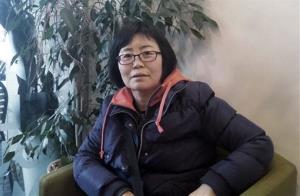http://www.newser.com/story/203978/north-south-korea-languages-drifting-apart.html



On one side of the line that has divided two societies for so long, the words arrive as fast as globalization can bring them—English-based lingo like "shampoo," ''juice," and "self-service." To South Koreans, they are everyday language. To defectors from North Korea, they mean nothing. Turn the tables, and the opposite is true, too: People in Seoul furrow their brows at homegrown North Korean words like "salgyeolmul," which literally means "skin water." (It refers to skin lotion.) The Korean Peninsula's seven-decade split has created a widening linguistic divide that produces misunderstandings, hurt feelings, and sometimes even laughter. The gap has grown so wide, scholars say, that about a third of everyday words used in the two countries are different.
North and South Koreans are generally able to understand each other given that the majority of words and grammar are still the same. But the differences show how language can change when one half of the country becomes an international economic powerhouse and the other isolates itself. Pyongyang is so eager to "purify" its language that it eliminates words with foreign origins and uses homegrown substitutes. Shampoo is called "meorimulbinu," or "hair water soap," and juice is "danmul," or "sweet water." Such differences fascinate South Koreans, who love to examine them on quiz and comedy shows. Linguists say it takes about two years for North Korean defectors to feel comfortable conversing in South Korea.
